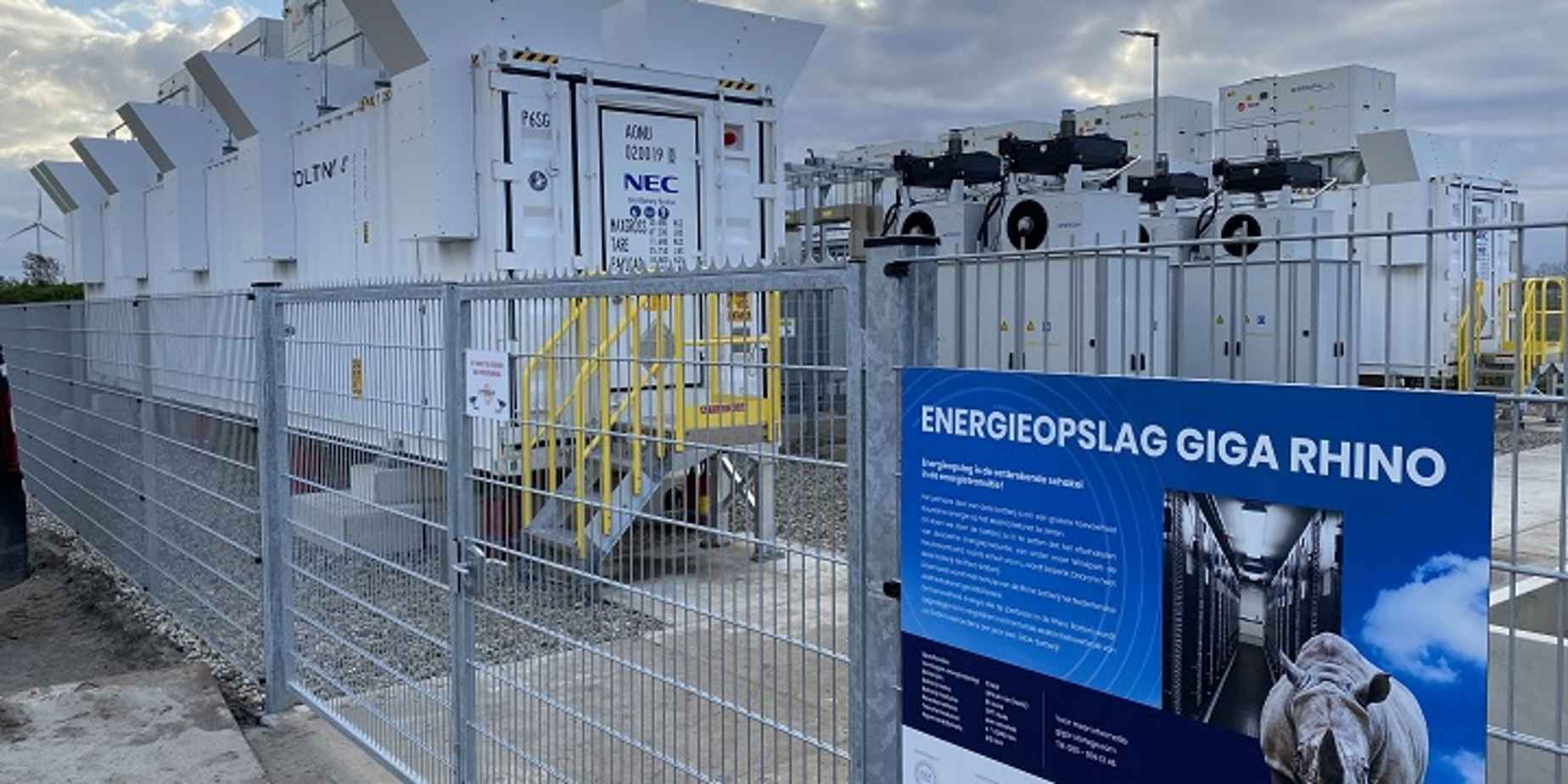A growing number of investment funds are focusing on the energy transition. This is good news as it means investors are putting more capital into renewables. However, Van Haarlem believes that investors should look closely at the actual impact of their euros.
Van Haarlem says that we need to accelerate the energy transition to keep the average temperature rise at or below 1.5°C. "A lot of money is now flowing into existing wind and solar farms. These are ready-made sustainable investments - and there is nothing wrong with that - but they will not accelerate the energy transition as they don't add growth to this segment. That is why we decided a few years ago to allocate more capital to projects in the development phase and to remove bottlenecks in the energy transition by supporting more innovative entrepreneurs."
The value of existing solar and wind farms has risen sharply this year due to the increase in energy prices. Investors in Triodos Energy Transition Europe Fund have reaped the benefits: the share price soared this year, partly because two parks in the portfolio became operational during the year. Today, new projects also present new challenges. After years of low interest rates and falling prices, business cases are under pressure. This is partly because subsidy schemes do not take new developments in the market into account.
Renewable energy is on the rise, but there are constraints
Increased energy prices and dealing with the dependence on Russian gas are key drivers for accelerating Europe's energy transition. This comes with challenges, however. "The scarcity of raw materials makes it more expensive to establish energy transition projects. We are seeing a lack of steel, copper, and lithium for example. The rising energy prices have a negative impact on costs in the production process and the transportation of parts and raw materials. Moreover, interest rates are rising, which makes financing more expensive. That is another challenge because the energy transition is very capital intensive."
One potential bottleneck is the loss of subsidies. Governments have subsidised renewable energy for years to reduce the costs. With energy prices rising, governments might not be able to provide sufficient support in the future. This would have a negative impact on investments in renewable energy, Van Haarlem fears. "If you start developing now, an energy park won’t be operational before 2025 at the earliest. And by then you won't be dealing with current energy prices, but with the 2025 prices. These will determine the revenue. And in the meantime, you now face higher costs.”
Other challenges include lengthy permit processes - many projects fail to reach the finish line - and grid congestion, which makes it difficult for new parks to connect to the energy grid. "Investors can capitalise on the latter with investments that address grid congestion. This can include things such as improving and increasing energy storage. Companies like Giga Storage and GridBeyond are engaged in these activities."
Smart solutions are cause for optimism
There are plenty of reasons for optimism. Switching to renewable energy, specifically via behind-the-meter or local generation, is increasingly a smart, economic cost consideration for businesses and consumers alike. Another key driver is the increasing regulation used by governments to tackle the climate crisis.
The urgency of impending bottlenecks is forcing companies to be creative and innovative, and more start-ups are coming up with creative solutions. Van Haarlem: "These companies are an attractive investment for us because they can actually accelerate the energy transition. The bottleneck for these companies is often the financing for more innovative projects that sometimes combine different technologies. As financial specialists, we can help. This is crucial because funding ultimately determines whether these projects go ahead or not."
Triodos Energy Transition Europe Fund is strongly committed to innovation to accelerate the energy transition. For example, through projects or companies providing energy storage solutions. One problem with renewable energy is that it is not always possible to deliver energy to the grid. "Storage capacity projects can remove some of these issues," says Van Haarlem.
Innovative companies can accelerate the energy transition
The fund co-invests in projects from the Irish company GridBeyond which focuses on decentralised energy storage. It allows companies to overcome the constraints of grid congestion while contributing to grid stability. With behind-the-meter energy storage, they also save on transport costs and gain competitive advantages.
The fund also invests in the developers themselves, whether combined with project financing or not. German company Einhundert enables solar projects on apartment buildings. Van Haarlem: "The addition of our financial solution has reduced some of the barriers they face, making renewable energy available to lower income groups as well. And thus delivering environmental and social impact."
Van Haarlem: "We should also pay attention to supply chains. We are heavily dependent on China for raw materials, parts and hardware, such as the solar panels themselves. This geopolitical dependence also demands a greater focus on innovation, in the sense that we need to look for alternatives. Consider using other raw materials that are less scarce and that we can get from Europe. Or innovate in such a way that we can still accelerate the energy transition with fewer raw materials."




